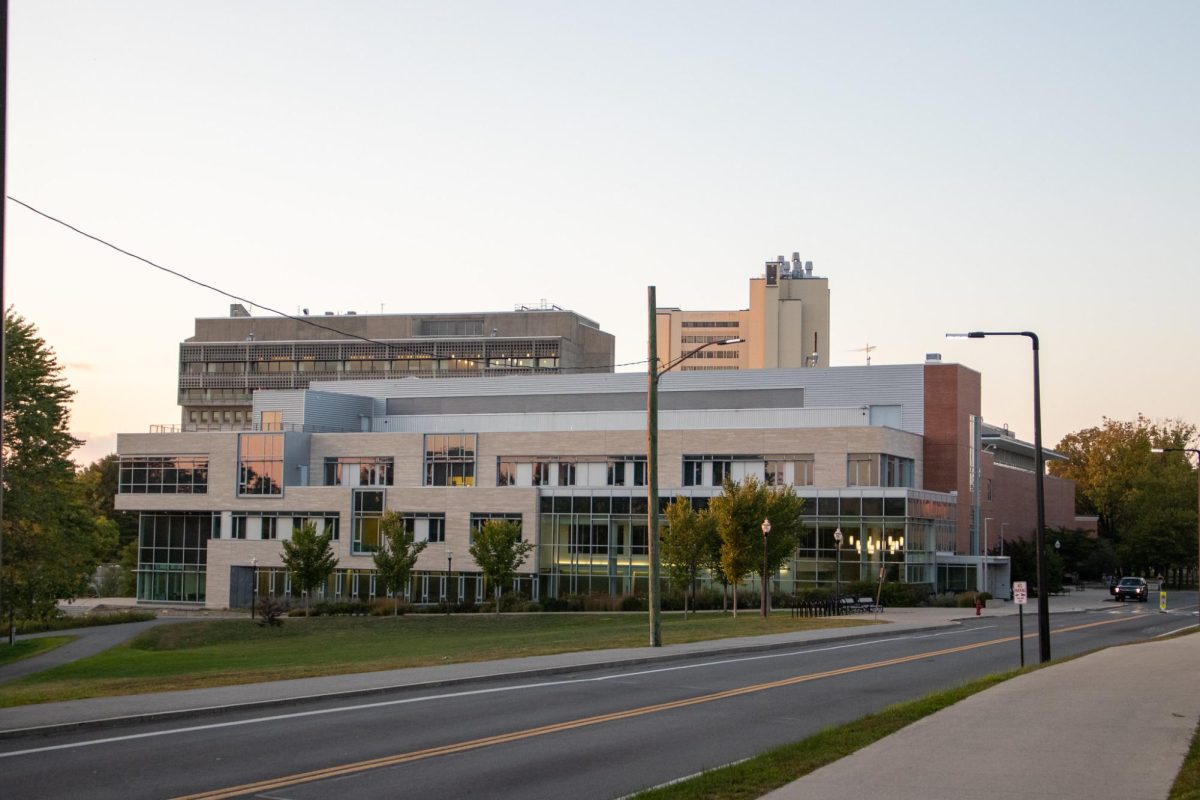WASHINGTON – Federal health advisers said Wednesday that they were satisfied with the safety and effectiveness of a longer-lasting vaccine against bacterial meningitis, which is especially deadly among otherwise healthy teenagers and young adults.
But additional study will be needed to watch for any unexpected complications that could arise when the vaccine reaches a wider population, advisers to the Food and Drug Administration said.
The vaccine Menactra is manufactured by Aventis Pasteur to protect against the A, C, Y and W-135 strains of bacteria that cause meningococcal diseases. The vaccine, being considered for people ages 11 to 55, still needs approval from the FDA. The agency often follows its advisers’ recommendations but is not bound by them.
More than 500,000 cases of meningococcal disease occur each year in the world, causing 135,000 deaths. Up to 15 percent of survivors have long-term problems, including mental disability, loss of hearing and paralysis. In the United States, there are fewer than 3,000 cases of invasive meningococcal disease per year, according to the CDC.
The bacterial ailment, which causes inflammation of the spinal cord and the fluid surrounding the brain, strikes young otherwise healthy people. Americans ages 15-24 suffer the highest mortality rates. The Centers for Disease Control favors routine immunizations for all adolescents as well as college freshmen living in dorms.
Freshmen crowded in college dorms can have lifestyles that combine risk factors: living in close contact, smoking cigarettes and hopping from bar to bar. Those living in such close quarters are more than twice as likely to become infected by meningitis as other freshmen.
In six years of testing by Aventis Pasteur, a single dose of Menactra showed enough power to protect students all through their college years. Compared to the current vaccine, Menactra proved as capable of boosting immune response 28 days after the patients enrolled in clinical trials got their shots. But the new vaccine, which would cost $80 per shot, provided longer-term immune system protection that persisted three years after the first immunization, when protection from the current vaccine had worn off.
That means fewer booster shots are necessary.
Some 20 million doses of the current vaccine, Menomune, have been used in the United States, often to short-circuit meningococcal disease outbreaks. It was licensed in 1982 for use in children aged 2 and older, but is most frequently used by college students, international travelers and military recruits.
Six studies involving 7,642 participants showed slightly higher numbers suffered debilitating headaches, chills and swelling at the injection site with the newer vaccine. But FDA experts found the increases were not statistically significant. No death or serious adverse event was definitively linked to the new vaccine.
An immunization campaign that began in 1999 in the United Kingdom administered vaccines just for the C bacterial strain. That reduced infection rates among 15-17 year olds by 81 percent in just two years. Menactra could reduce infection rates in the United States by 70 percent, replicating the UK experience, said Dr. Greg Gilmet, Aventis director of scientific and medical affairs.
The federal advisers, however, quibbled with that projection. The company provided scant data suggesting that “herd immunity” which occurs when enough people are vaccinated that there’s a spillover safety effect for unvaccinated people – would happen in the United States.
“There is hope,” said David Stephens, an infectious disease expert at Emory University School of Medicine in Atlanta. “We don’t have any information other than the promise there may be herd immunity.”






